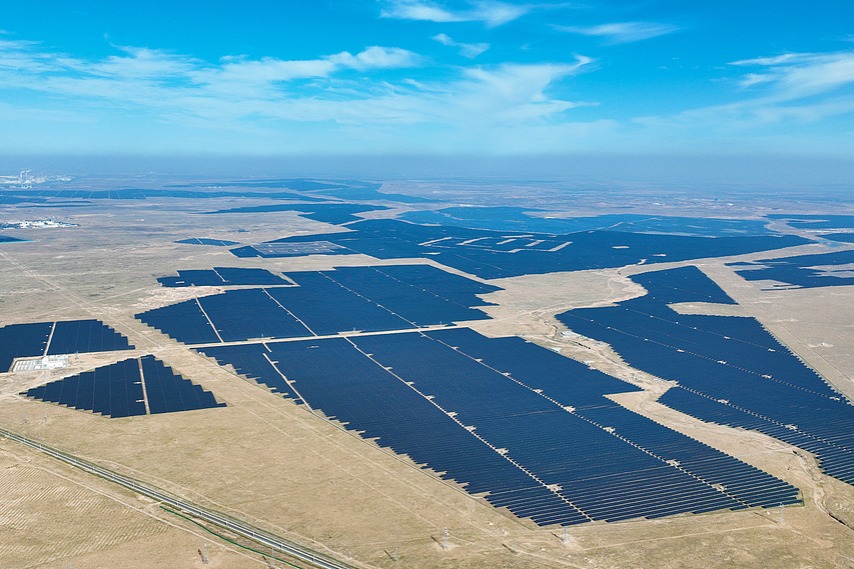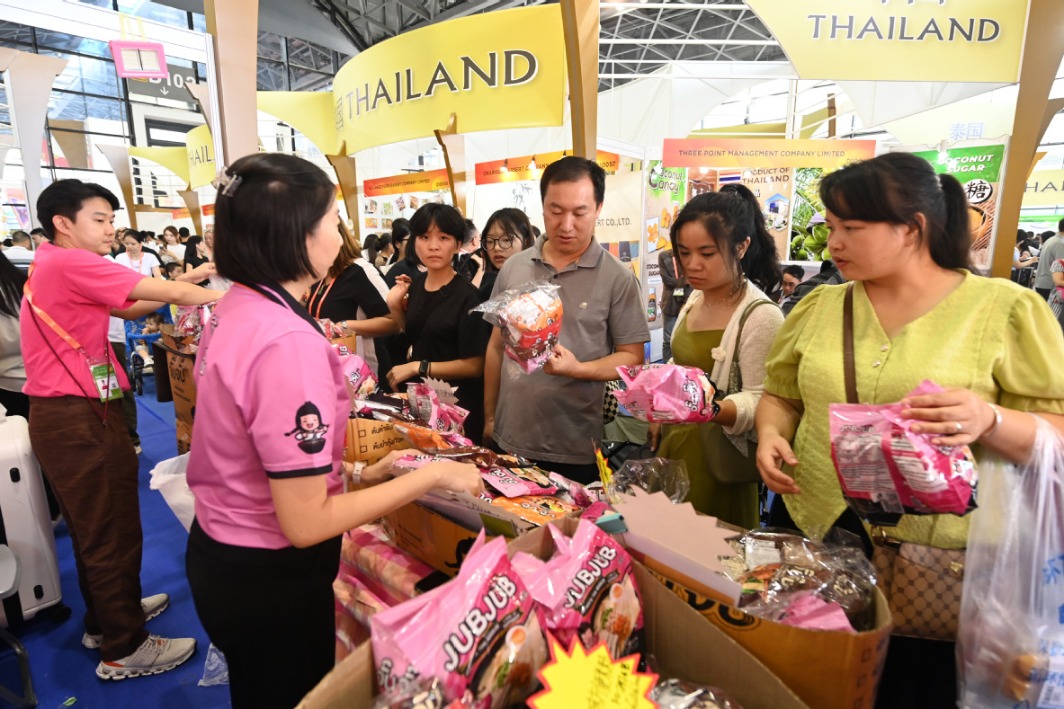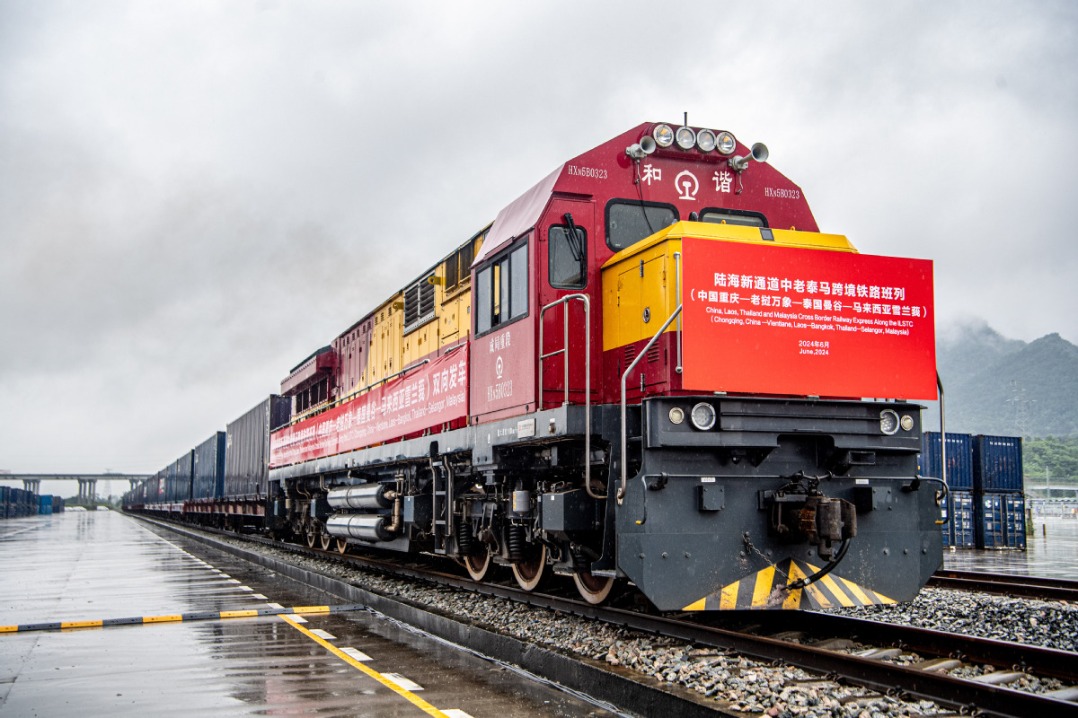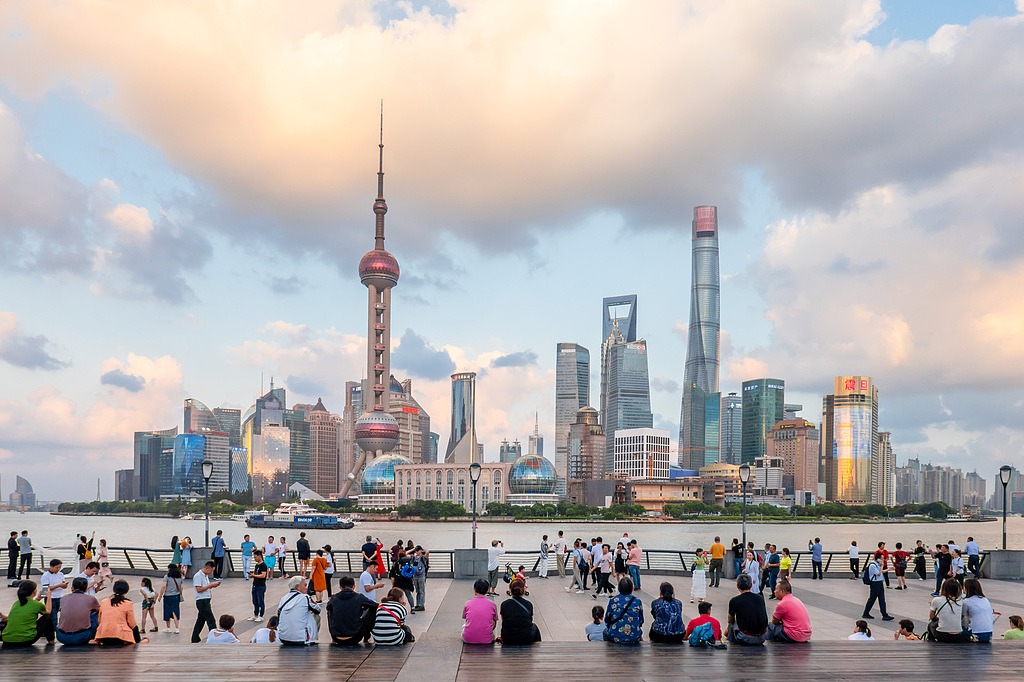Auto execs punch big holes in 'overcapacity', subsidy narratives

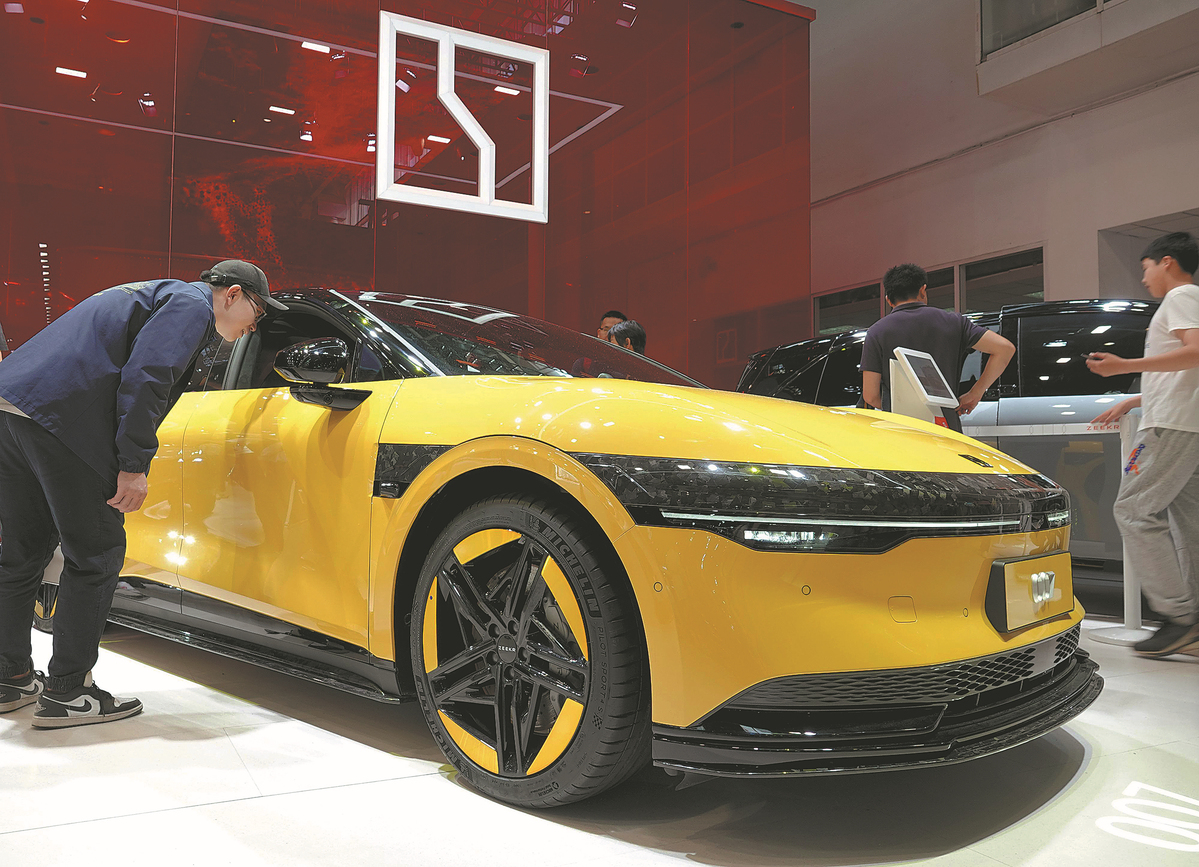
China's auto industry had no overcapacity problem in the recent past and even now automakers have to incentivize component companies to increase their production capacity to meet the soaring domestic demand, said executives from leading vehicle manufacturers at a recent gathering organized by the China Public Diplomacy Association.
"As a vehicle manufacturer, we have been encouraging our component suppliers to increase their production capacity to ensure that our production and sales will not be affected due to high demand. Sometimes, we even provide some financial support ourselves to incentivize them to expand their capacity," said Wang Zhang, chief scientist of automaker BAIC Group.
Wang said that in certain segments of the vehicle sector in China, there has been insufficient capacity and the supply of some high-quality, high-level key auto components remains tight this year.
According to the China Association of Automobile Manufacturers, last year, China's new energy vehicle sales reached 9.49 million units, slightly lower than the production of 9.59 million units.
"Considering the rapid growth we have achieved in recent years, there is actually no overcapacity at the current stage," Wang said.
"In a market economy, we companies do not blindly expand capacity without market demand, as overcapacity would lead to economic losses."
He said BAIC Group did not receive any so-called subsidy from the government and the government subsidies in recent years are mainly targeted at consumers, not companies.
Zhao Yuhui, vice-president of Chinese EV maker Zeekr, which went public on the New York Stock Exchange this month, said: "The development of Chinese NEVs over the years is directly related to their own investments."
"Chinese automakers have devoted a significant amount of time and effort to the research and development of NEVs. The industry's advantages have been achieved through genuine expertise in long-term scientific research and innovation, and have been shaped by extensive market competition."
Zhao also said that China, as one of the countries with the most diverse road and vehicle usage scenarios globally, offers a unique testing ground for the NEV industry.
"The large number of vehicle owners also provides abundant positive feedback, allowing car manufacturers to quickly iterate and improve their products based on user feedback, leading to significant progress."
In addition, many carmakers are now focusing on NEVs, investing heavily in R&D and innovation. This not only brings substantial technological accumulation to the market but also provides consumers with more choices, he said.
Wei Wei, assistant professor at the Hong Kong University of Science and Technology (Guangzhou), said that EVs have been playing a role in ensuring energy security and achieving the dual carbon goals.
"China's NEV industry has been continuously offering affordable, high-quality capacity, which will make a significant contribution to global green development," she said.
chengyu@chinadaily.com.cn
















